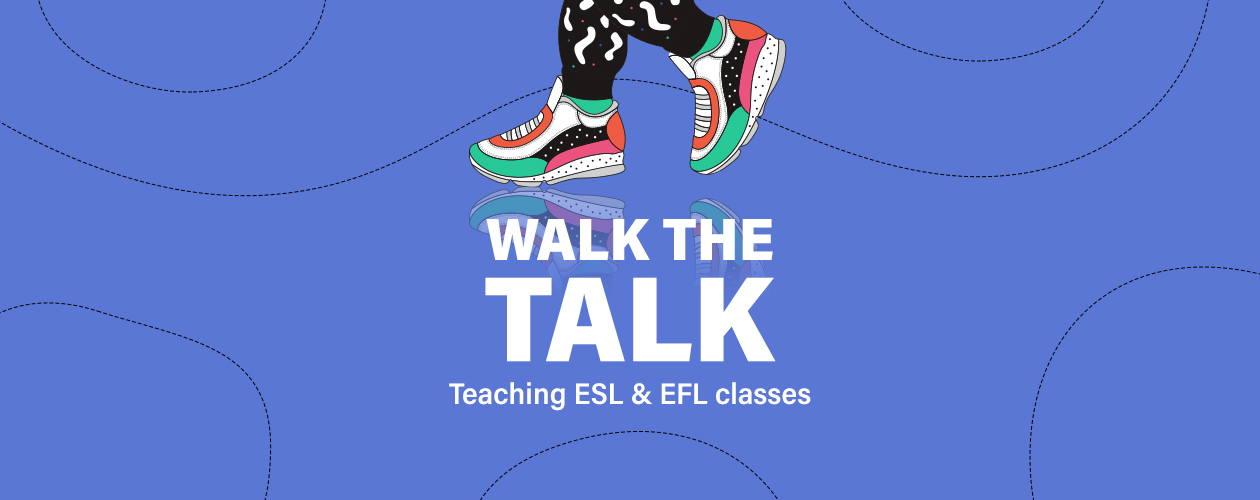I connected to the Internet for the first time in 1999. I was 12 back then. Social media didn’t exist, phones had antennas, and Terminator was the only AI I knew of. A lot has changed since then, so now – whether we like it or not – developing digital citizenship in EFL learners is one of our responsibilities.
This is one valid reason to teach digital citizenship in EFL.
Here are 3 more.
1. Digital Citizenship in EFL and Cyberbullying
Cyberbullying has been defined in the academic literature as “an individual or a group willfully using information and communication involving electronic technologies to facilitate deliberate and repeated harassment or threat to another individual or group by sending or posting cruel text and/or graphics using technological means.”
It’s a long definition.
Yet we still need to add something to it: cyberbullying can have such a strong impact on people’s minds that it may even lead its victims to take their own lives.
If you agree that modern language educators are not only responsible for teaching language but can also contribute to raising decent global citizens, then we can do our part to prevent cyberbullying by using English to teach digital responsibility and ethics.
This involves raising students’ awareness of the effects that language may have on another person sitting thousands of kilometres away at the end of a digital device.
You may say, “How can I do it? Teaching Digital Citizenship in EFL to Prevent Cyberbullying was not included in the learning modules of my TEFL course. I’m not trained for that!”
And you would be right to point that out.
A study involving 174 teachers in the United States – one of the wealthiest and most technologically advanced countries in the world – showed that “teachers feel they need more tools to be prepared to manage cyberbullying and their professional training has not prepared them to manage issues related to cyberbullying.”
Given the extreme consequences this worldwide phenomenon might have, is it time teachers demand such training? Probably.
But, maybe, we shouldn’t wait to get a certificate before taking action. We can start teaching kindness and digital citizenship through English by using the resources we have available right now: our emotional skills and common sense.
2. Digital Citizenship in EFL, Critical Thinking, and Misinformation
If you teach English to young learners, you’re likely teaching Generation Z, people born between 1996 and 2010, or Generation Alpha, those born after 2010.
These are people who’ve never lived in a world without the internet.
They may know how to use apps, programs, and digital devices more efficiently and productively than us. Some of our students may even be skilled YouTubers, Instagrammers, TikTokers, gamers, podcasters, and content creators.
Because these students know very well how to use digital tools, we may believe that integrating the teaching of digital citizenship in EFL classes shouldn’t be a priority.
I’d say the opposite is true.
Incorporating digital literacy in EFL lessons becomes especially important when teaching students who are always online.
English is by far the most used language on the internet. There’s an overwhelming flood of (mis)information out there.
The so-called “digital natives” probably won’t need much help with opening a social media account or creating a website, but they would greatly benefit from our support in critically selecting and assessing information and media sources – something that’s even more challenging when using a foreign language.
So if our aim is to help young generations take part in global discussions, make informed choices, and be proactive global citizens, teaching them critical media literacy and digital citizenship in EFL classes may be one of the first steps towards that goal.
3. Digital Citizenship in EFL and Learner Autonomy
Many students have more free digital learning resources they’ll have time for.
They can pull out their smartphones and watch a video lesson, do a grammar quiz, listen to a podcast, study a grammar guide, chat with another student on the other side of the world, or use an AI writing tutor to ask for feedback on a piece of writing.
In such a connected, technologically advanced world, the role of teaching digital citizenship in EFL education has never been so important.
I believe this should involve 3 things:
1 - Guiding students to explore resources they can use to learn what they’re interested in learning.
2 - Supporting students in critically evaluating digital resources and finding the most useful ones for them.
3 - Helping students become independent thinkers.
What it most definitely shouldn’t involve is another lecture on the use of the past perfect continuous.
An Important Final Consideration on ESL Citizenship Education
I live in Italy, a developed country where most students have a smartphone and a high-speed internet connection. I’m one of the lucky ones.
But in many parts of the world, students and teachers still struggle to connect to online resources or participate in the digital world. The risk is that we create a digital divide where only those with sufficient resources can develop the skills they need to thrive in a digital society.
The question then is: what can be done to ensure that ESL citizenship education is accessible to everyone, regardless of their circumstances?
About the author:







